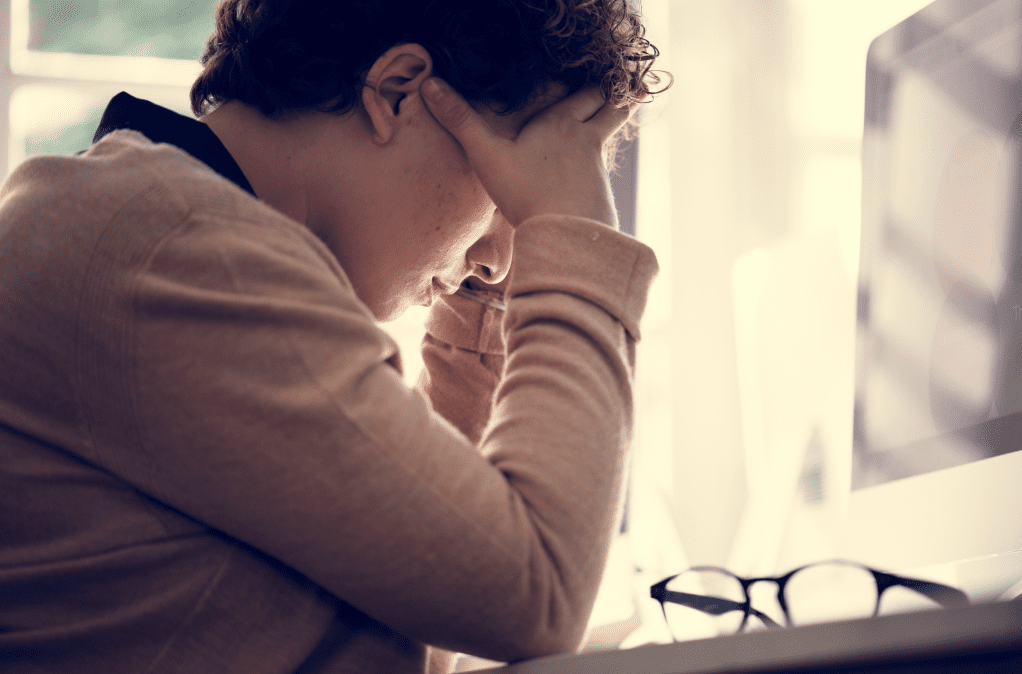Melatonin Hangover And Other Dangerous Melatonin Side Effects (Health11news)
It is estimated that just over one-third of American adults sleep less than seven hours per night. If you struggle to fall asleep or stay asleep at night, then you might experience irritability, slower reaction times, cognitive issues, or even depression. The long-term health effects of poor sleep are serious and may include hypertension, obesity, type 2 diabetes, and heart disease. These are just a few of the many reasons that we are becoming a nation obsessed with sleep. Americans spent about $1 billion on melatonin in 2021, and this oft-touted ‘natural’ sleep aid has been surging in popularity.
While many consumers assume that natural supplements are safe and relatively harmless, melatonin may come with a range of side effects, including the dreaded ‘melatonin hangover,’ which leaves you drowsy or even nauseous during what should be your most productive hours of the day. Keep reading to discover a promising melatonin alternative that can help you sleep well at night without the unpleasant side effects.
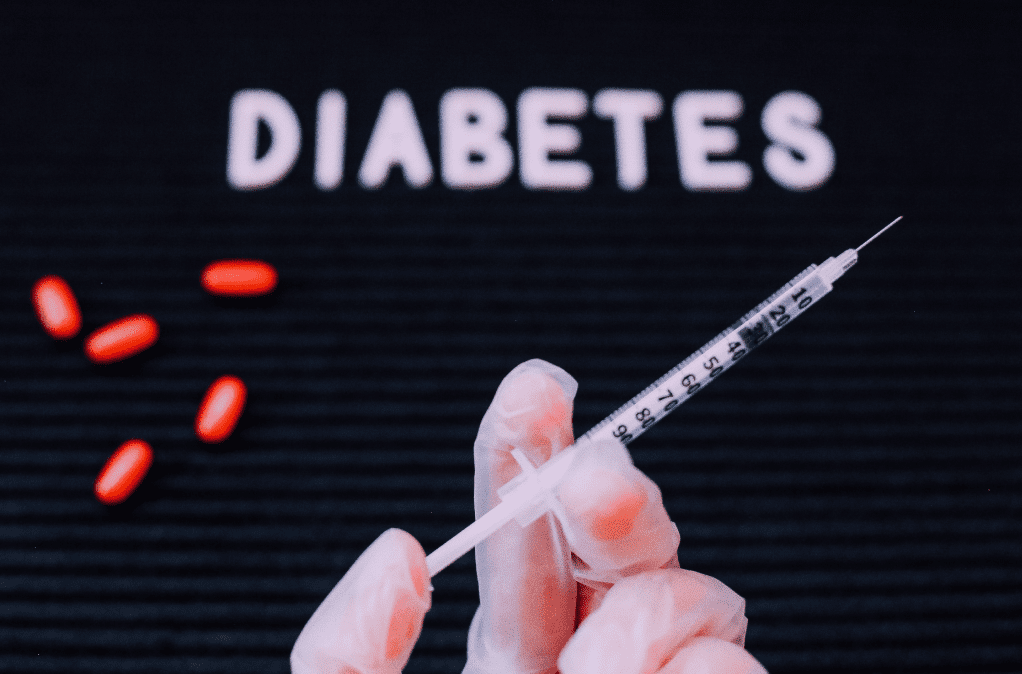
Try sleep hygiene before you risk a melatonin hangover
Good sleep hygiene practices are the best place to start when it comes to promoting a good night’s rest. Before you reach for a supplement, you should try setting a consistent sleep-wake schedule, avoiding caffeine and alcohol close to bedtime, avoiding screens before bed, and sleeping in a cool, dark room. However, many people struggle to get quality sleep even though they practice sound sleep hygiene or hectic schedules and family responsibilities may create circumstances where these habits are difficult to maintain. In these cases, a sleep aid may seem like a sound choice.
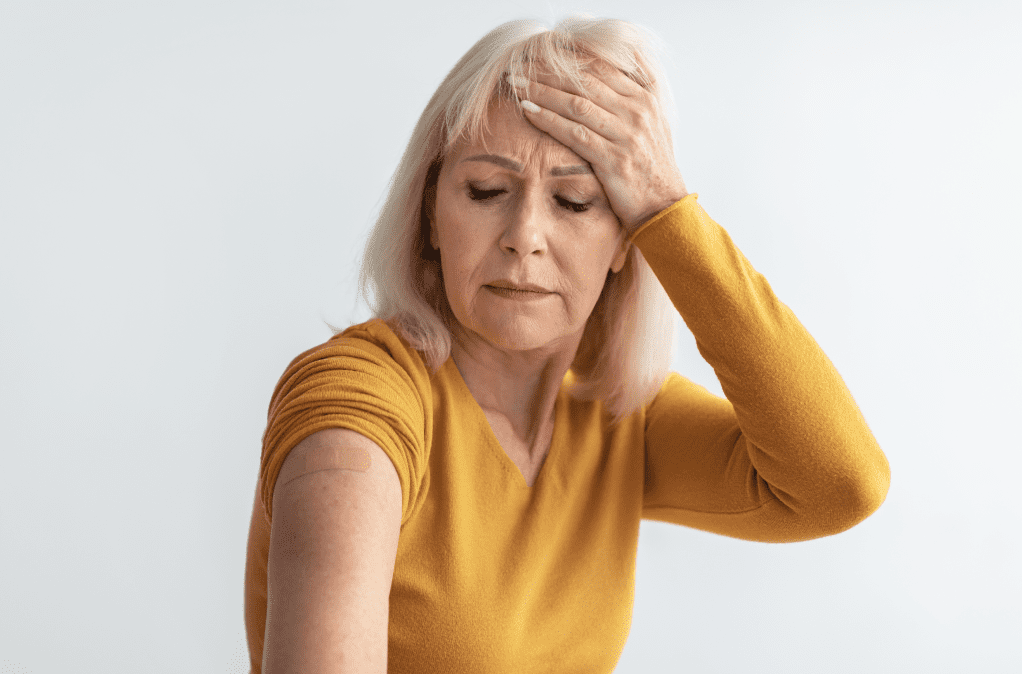
Melatonin basics… What is it?
Melatonin is a neurohormone that occurs naturally in your body, and your pineal gland produces it in response to darkness, regulating your sleep-wake cycle to sync with the patterns of night and day. Melatonin causes your body temperature and blood pressure to drop, while it quiets neuronal firing, preparing your body for sleep. However, this common sleep aid does not make you sleep. Instead, it puts you into a state of ‘quiet wakefulness’ that promotes sleep. Melatonin levels can be disrupted by exposure to bright light at night or lack of light exposure during the day.
After you take a melatonin supplement, it stays in your body for about five hours, which is why it is recommended that you not take melatonin too late at night or operate heavy machinery in the first few hours after taking it. While some melatonin supplements are made from the pineal glands of animals, most are made synthetically in the lab to be molecularly identical to the melatonin that your body produces naturally. While many of us feel safe taking supplements deemed ‘natural,’ it is important to remember that products like melatonin carry side effects and may have unpredictable results, like the melatonin hangover.

The melatonin hangover and other melatonin side effects
There aren’t many studies examining the effects of long-term melatonin use, and certain factors such as age, gender, health issues, and when the supplement is consumed may help determine the effects of melatonin on any particular individual. According to a 2017 analysis, over 70% of melatonin products did not contain the quantity of melatonin listed on the label. Melatonin supplements may contain significantly less or up to five times as much as supplement makers claim. For these reasons, it may be hard to predict how your body will respond when you take a melatonin supplement.
If you take too much melatonin, you may experience anxiety, tremors, depression, irritability, stomach cramps, or very low blood pressure. A melatonin overdose can even interfere with your ability to get quality sleep by causing rebound insomnia or vivid nightmares. Some people who take melatonin may experience a melatonin hangover the following day, characterized by daytime sleepiness, drowsiness, headaches, or even nausea. People who experience a melatonin hangover may feel like it defeats the original purpose of taking the supplement. If you want to sleep well at night and wake up refreshed the following day, then melatonin may not be the right choice. 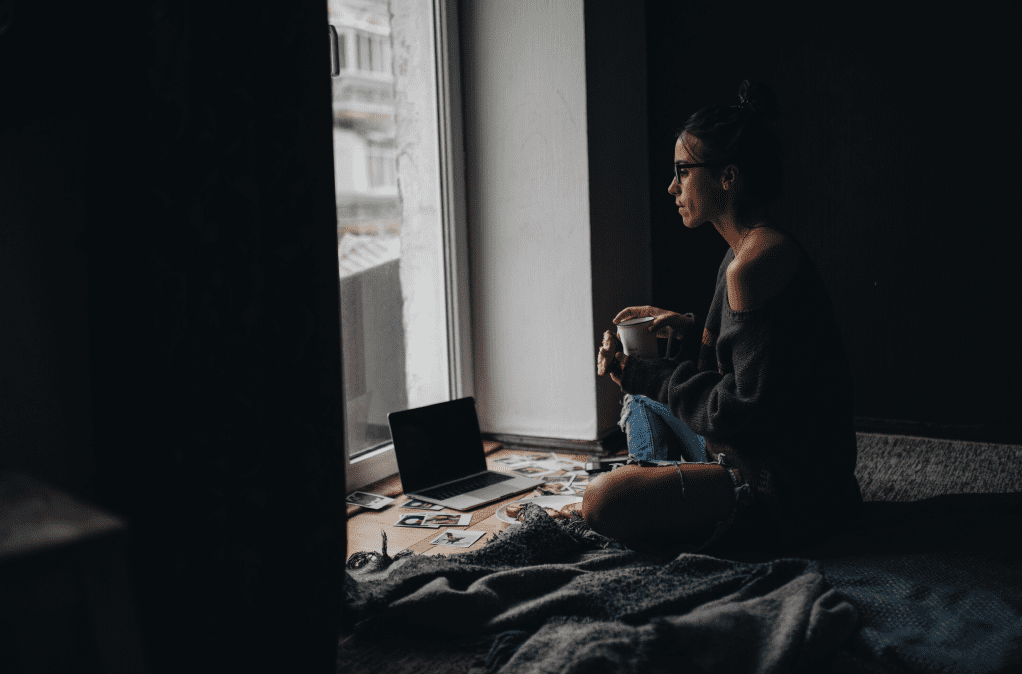
How anxiety and stress contribute to the problem of insomnia
If you are prone to worry during the day, then your mind may be in a state of ‘hyperarousal’ that carries over into the night. While the ‘fight or flight’ response often associated with anxiety was beneficial to our ancient ancestors, giving them the energy to escape danger, this state can make it very difficult for modern humans to fall asleep or stay asleep at night. During fight or flight, your body releases norepinephrine (adrenaline) that speeds your heart rate and stimulates the release of glucose into your bloodstream. The adrenal gland then releases cortisol, which prolongs this state of arousal as it activates the sympathetic nervous system.
Symptoms of anxiety disorders include a sense of impending danger, nervousness, restlessness, increased heart rate, increased breathing, sweating, trembling, trouble concentrating, and digestive issues. All of us experience periods of anxiety at one time or another, and as you can imagine, it is very difficult to fall asleep while anxious. Chronic insomnia can lead to problems with anxiety, and anxiety can contribute to sleep issues, often creating a vicious cycle of hyperarousal and poor sleep. Like anxiety, chronic stress is associated with the fight or flight response, and stress creates issues with sleep or exacerbates those that already exist.
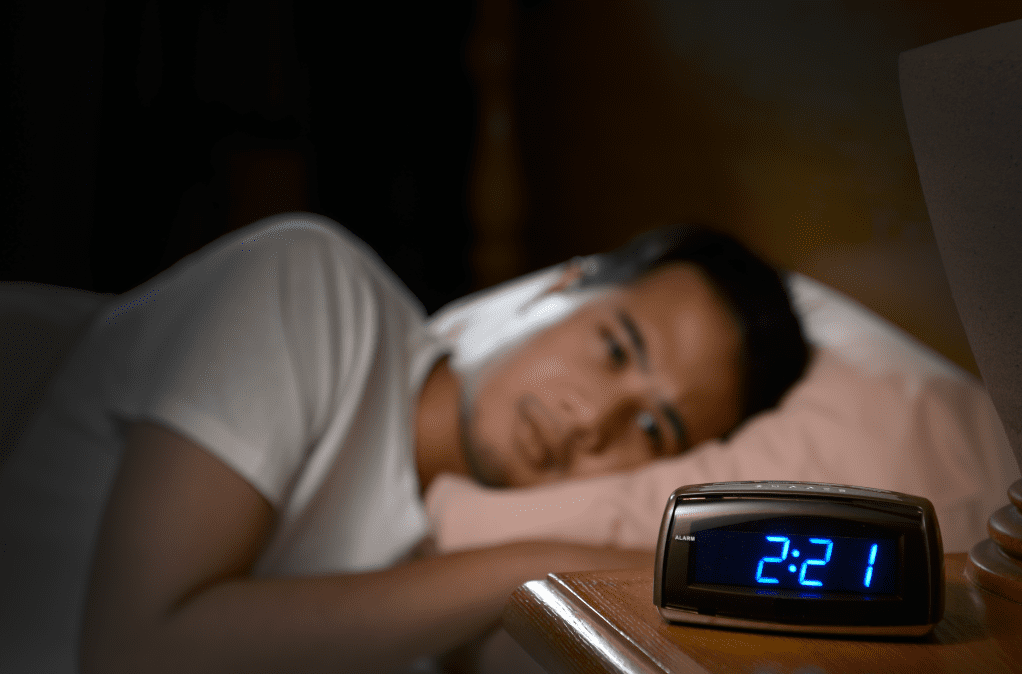
Avoid the melatonin hangover with Reishi
Also known as Ganoderma lucidum, Reishi has been used in traditional medicines for centuries and is sometimes referred to as the ‘mushroom of immortality.’ It is a time-tested remedy with a wealth of undiscovered potential. Most OTC and prescription sleep aids are associated with daytime drowsiness the day after taking them, and it may seem challenging to promote a good night’s rest without next-day grogginess or the dreaded melatonin hangover. However, Reishi mushroom is a promising natural alternative to melatonin that gently supports quality sleep without producing unpleasant side effects.
Many people today suffer from sleep issues related to stress or anxiety, and Reishi mushroom is a promising remedy that addresses the root of the problem. As an adaptogen, Reishi balances the body’s response to stress and lowers cortisol levels, reducing tension while simultaneously fighting fatigue. The calming effect of Reishi is produced when polypeptides in this medicinal mushroom work with the body’s own endorphins and neurotransmitters to calm the central nervous system (CNS). You might notice an easing of tension in your joints and muscles, making it easier to fall asleep.
Once you have drifted off, Reishi may even help you to spend more time in non-REM sleep, the deep phase of sleep when your body engages in important recovery processes. You won’t notice any next-day drowsiness if you take Reishi, but it may take 10-14 days of consistent supplementation to achieve a noticeable change in your sleep quality. Reishi is generally considered safe with only a few mild side effects that may include stomach upset or dry mouth.

Troop Mushrooms offers a promising Reishi supplement
You can find a quality Reishi supplement with Troop Mushrooms, a notable medicinal mushroom company offering products made from only the highest quality ingredients. Troop supplements are made with the fruiting bodies of mushrooms, the component containing the highest concentration of beneficial substances. Based in California, Troop has been growing in popularity since it was founded in 2020, and CEO Stephanie Moyal incorporates ethically conscious strategies into her business plan. This company ships with packaging made from 100% post-consumer recycled plastic, and its products are all organic. Troop’s Reishi gummy comes in a delicious mixed berry flavor, and is vegan and gluten-free.
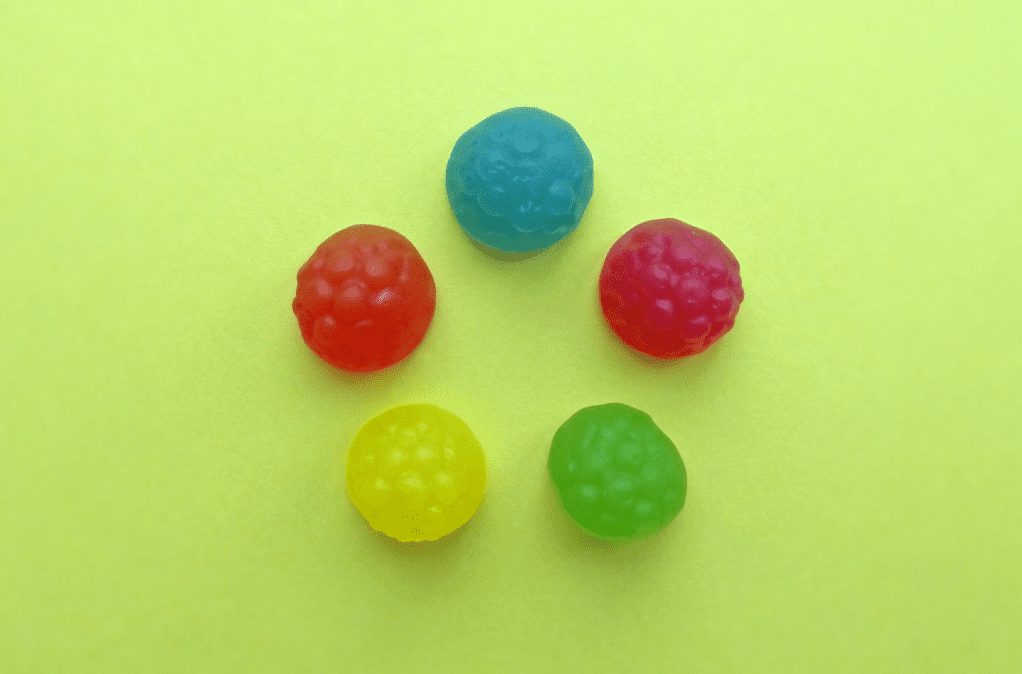
Mushrooms: a gentle alternative to the melatonin hangover
While mushrooms have had a place in Traditional Chinese Medicine for centuries, modern science is beginning to catch up with investigations into the therapeutic potential of certain species. Many people are now discovering the potential of Reishi to ease stress and promote restful sleep. If you have been struggling with the now all-too-common problem of insomnia, then Reishi may help you to get restorative rest without the unpleasant side effects of prescription sleep aids, common OTC sleep aids, or melatonin. You can ease yourself into sleep naturally without risking a melatonin hangover. When you are drifting off on time, and waking up refreshed, you will notice positive changes in your productivity, mood, concentration, and energy levels. A simple mushroom could be the answer you’ve been waiting for.
Further reading:
Whole Foods Magazine: Supplements for a Serene Mood & Restful Sleep
CNET: Why Melatonin Makes You Feel Less Rested, and What to Take Instead
MBG Health: Does Melatonin Make You Feel Groggy & Foggy? You’re Not Alone—Here’s Why
Disclaimer
Important Note: The information contained in this article is for general informational purposes only, and should not be construed as health or medical advice, nor is it intended to diagnose, prevent, treat, or cure any disease or health condition. Before embarking on any diet, fitness regimen, or program of nutritional supplementation, it is advisable to consult your healthcare professional in order to determine its safety and probable efficacy in terms of your individual state of health.

